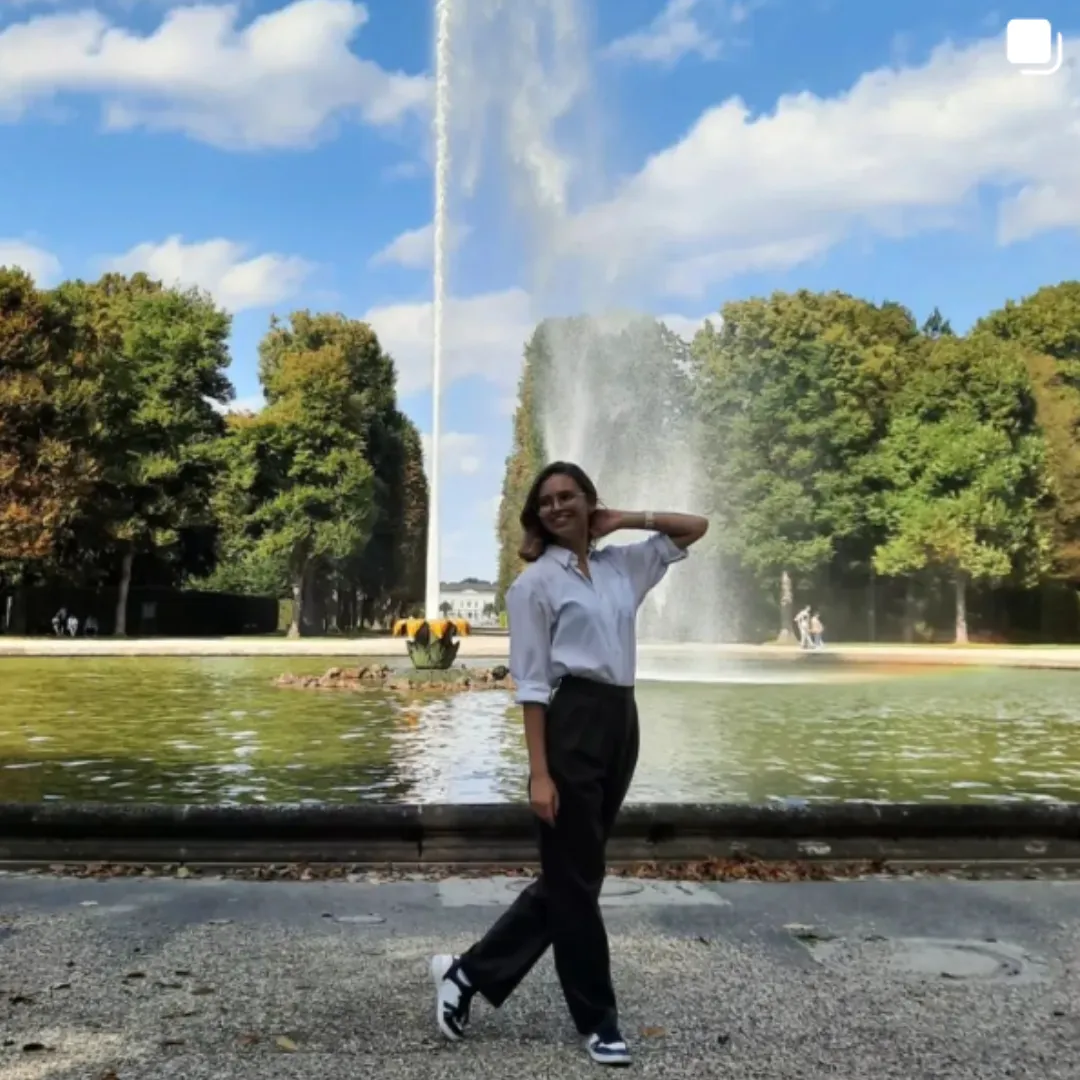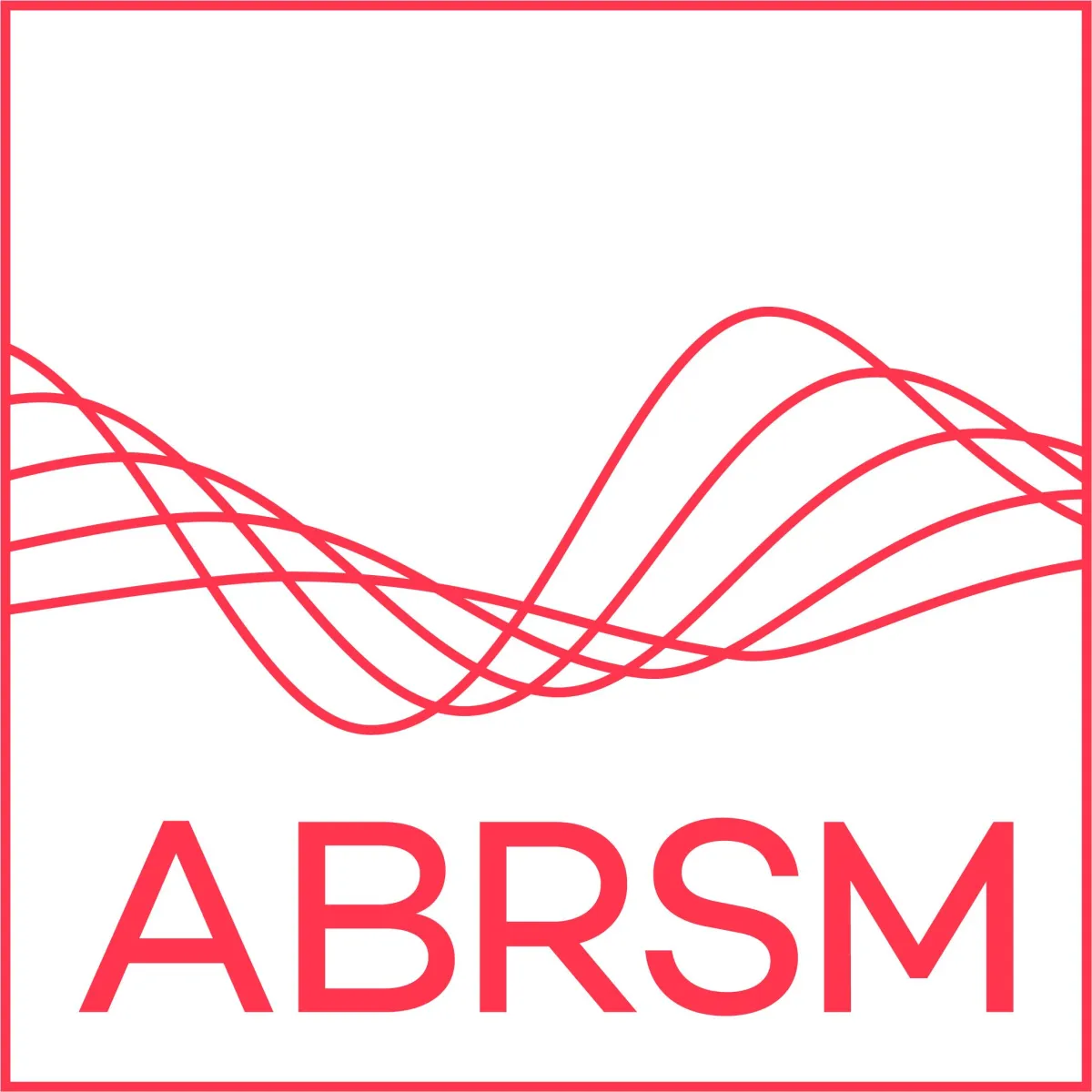Piano Mastery - Advanced Memorising Strategies
Emotion | Associations
Advanced Memorising Strategies
Overview of Advanced Memorising Strategies
Memorising piano music can be challenging. Some pieces come naturally under the fingers, while others require more effort. In this coaching session, we explore two advanced strategies that can significantly improve your ability to memorise piano music efficiently.
1. Emotion: The Key to Lasting Memory
Many pianists focus solely on the mechanics of playing—finger placements, technical patterns, and note sequences. However, true mastery comes from understanding the purpose of playing: to communicate emotion.
Why emotion matters: The human brain tags emotionally significant events as important, making them easier to recall. Just as we vividly remember moments of extreme fear, love, or joy, embedding strong emotion into piano practice enhances memorisation.
How to apply it: When struggling with a passage, ask yourself, are you connecting emotionally with the phrase? What feeling are you trying to convey to your audience? Can you associate the notes with a personal experience or image?
Emotional engagement strengthens memory, making recall more intuitive and expressive in performance.
2. Association: Linking New Information to the Familiar
Association is a powerful cognitive tool for learning and recalling information. When learning a new passage, draw connections between it and previously mastered material.
Why association works: Recognising patterns and relationships between musical elements builds a structured memory network, making recall easier.
How to apply it: Identify similarities between a challenging bar and something you have played before. Relate new chord progressions or fingerings to familiar shapes or sequences. Mentally categorize similar musical ideas for quick retrieval.
The Pattern Playbook: Capturing Your Learning
A structured approach to association involves maintaining a Pattern Playbook—a collection of musical patterns and techniques that you’ve encountered and mastered.
What it is: A digital or hand-drawn log of key musical patterns, labeled and categorized for future reference.
How it helps: Provides a quick reference for familiar techniques. Helps recall similar passages when learning new pieces. Creates an indexed system of musical 'golden nuggets'—valuable insights and breakthroughs in your practice.
By keeping a Pattern Playbook, you build a personal musical vocabulary, making it easier to recall and apply concepts to new pieces.
Final Thoughts: Mastering Memory in Piano Practice
When struggling to memorise a passage, ask yourself:
Am I emotionally engaged with the music?
Am I playing with feeling and purpose?
Have I optimized the power of association?
Can I relate this passage to something I already know?
By integrating emotion and association into your practice, you can transform your ability to memorise and recall music with ease. These strategies not only enhance memory but also deepen your connection to the music, making each performance more expressive and meaningful.
If you have any further questions, please reach out. I am here to help.
"Objectively the best teacher in the world! Through my lessons with Richard I have realised that he is genuinely invested in not just the success that students have in piano but their whole life."

Haru C.
Piano Student
⭐⭐⭐⭐⭐
"I have just started my piano learning journey with Rich and I have loved every minute! Each lesson is so captivating and I cannot wait to keep progressing."

Isabelle B.
Piano Student
⭐⭐⭐⭐⭐
"Richard goes at the pace I need (which was in-depth detail) and we analyse every bar."

Samantha G.
Piano Student
⭐⭐⭐⭐⭐

SHAPED BY WORLD-CLASS EDUCATION AND EXPERIENCE







www.TheBrightonPianoTeacher.com 2025
